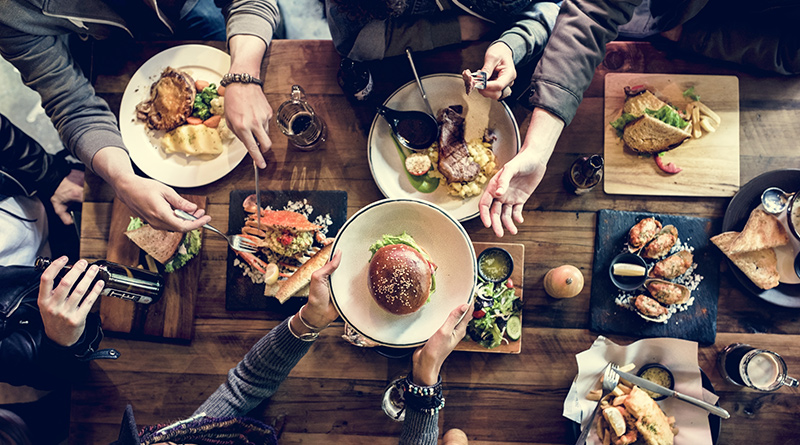Trading Expectations Remain Downbeat Across Grocery & Eating Out

Over half of leaders across eating out and grocery retail are anticipating deteriorating trading conditions over the next 12 months with the cost of living crisis highlighted as the number one reason across both markets. This compares to 2021 figures of 34% for grocery retail and 15% from eating out who thought the market would deteriorate this year.
Inflation, labour shortages, rising costs as well as availability and supply chain challenges were also cited as reasons for a deterioration in market conditions across the next 12 months.
83% of eating out leaders said they have had to increase their prices as a direct impact of increasing living costs on your business compounded by 33% of leaders saying there has been a decrease in consumer footfall.
Two thirds highlight staff challenges showing the necessity for action
Attracting and recruiting staff is a challenge for 68% of grocery businesses, increasing to 80% for eating out businesses. When asked why these challenges are being experienced, over a third of responses noted the fallout of European workers from Brexit, 31% noted the nature of pay across the sectors and 27% of responses highlighted the impact of the coronavirus pandemic causing workers to re-evaluate job priorities and move to different sectors.
Companies are responded to this for example Young’s launching a new internal platform to enable staff to choose their own hours and attract new employees and Rick Stein Restaurants launching a flexible careers scheme.
Squeeze on household budgets and value consciousness are two of the most important long-term trends to impact the markets
50% named squeeze on household budgets and 41% said value consciousness as the most important long-term consumer trends up from 15% and 12% in 2021.
When broken down, between eating out and retail the top 3 trends for grocery retail were more financial-focused trends including squeeze on household budgets, value consciousness and changing behaviour of younger consumers. Conversely for eating out, ethical consumerism was the number 1 factor, followed by value consciousness and then healthier eating.
Companies that are aligned with consumers and drive innovation are most admired across the industry
Established suppliers and retailers are admired for their innovation and pricing strategy. Aldi, Coca-Cola and Tesco were all highlighted as brands that industry leaders admitted in retail alongside Warburtons, Arla and Lindt.
Within eating out, leading operators that were most admired were those that delivered consistency to consumers whilst innovating for example Wagamama, Nandos and McDonalds. There was also a recognition for smaller brands for their clear proposition and employee wellbeing with companies such as Peach Pubs, Megan’s and Oakman Inns.
